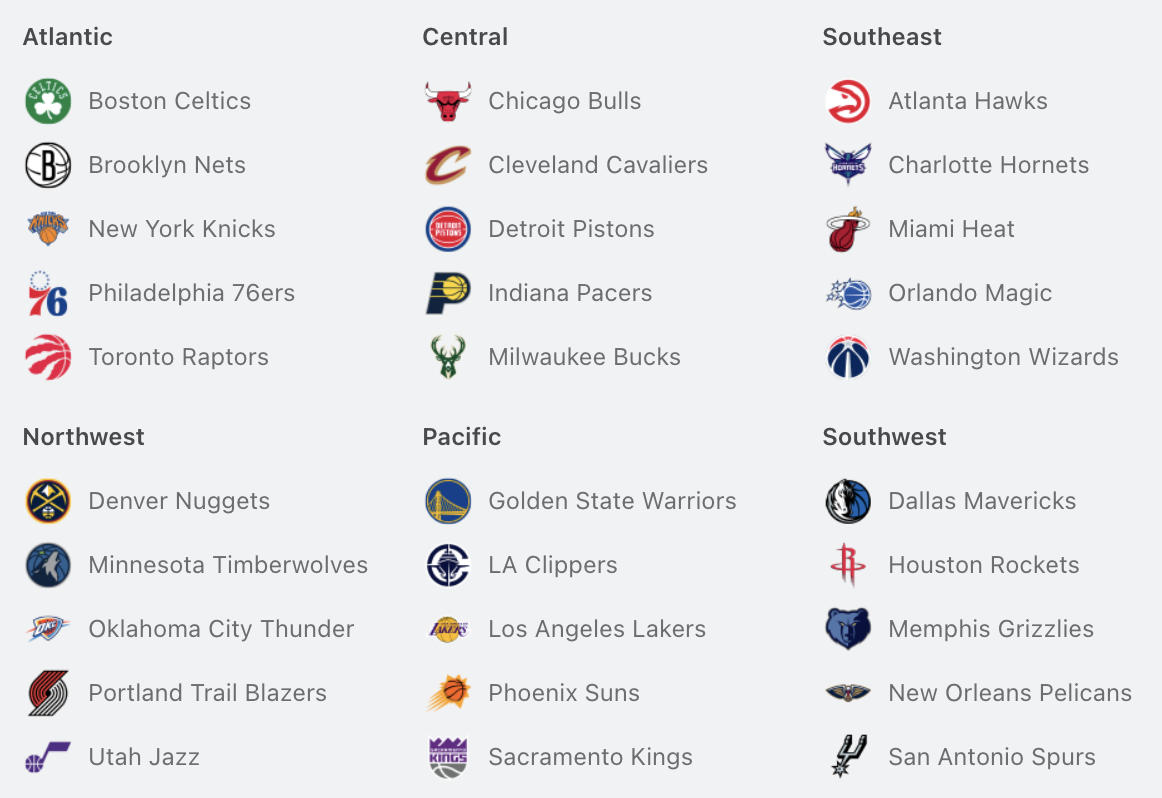By Matt Clyburn
Watching the gubernatorial debate was like watching a couple of teenage boys horsing around in the front yard. Suddenly, you realize that one of the lads brought a knife to this fistfight, quickly turning the spectacle into a more serious situation.
Declaring a winner of the debate is elusive, and quite frankly, moot. There are, however, a number of things with which most political analysts would agree. Here we discuss some of the implications as we sift through last Tuesday’s contest.
The Television Effect
We’ve heard it time and time again – John F. Kennedy won the presidency because he chose to wear makeup and Richard Nixon did not. Those listening to their first debate on the radio declared Nixon the winner, and those watching on television declared Kennedy the winner. And so it goes, you can often choose the winner of a political debate by muting your set and judging based on each candidate’s dashing good looks. Political junkies would argue it goes deeper than that but the consensus says that most voters don’t think much further than that. On this category, we have a draw on party lines. Conservative voters will have appreciated Foley’s distinguished, businessman (or business, man!) look; liberal voters will appreciate Malloy’s youthful and assertive appearance. Conversely, the folks on the right will tell you that Malloy came across as condescending and angry (liberals will say he was passionate) and the left will tell you that Foley was doddering and an old fart (or an old fogey; Fogey Foley!). Based solely on the deep blue color of our state, we can assume a bias towards the young, up-and-coming Dan Malloy.
The Issues
Can Geico really save you 15 percent or more on car insurance? Does Tom Foley peak too early?
Foley’s best and most reasoned point came within the first three minutes of the debate, arguing that the protection of corrections officers was a fundamental reason to uphold a workable death penalty. To that point, even Malloy asserted that Connecticut lacks a “workable death penalty,” and he is absolutely correct. Foley’s big opportunity, to pin Malloy as a scheming populist, came and went. And so did his chances of making a meaningful impact in this debate. Malloy’s plan to abolish the death penalty after the Cheshire home invasion suspects are sentenced is an expedient attempt to fall in line with popular opinion and avoid the accountability of consistency. If the same exact crime happened in five years instead of last year, we wouldn’t have a death penalty to appease the public with. So which is it, Mr. Malloy? Foley missed his big opportunity here and will likely pay for it.
Everything Else
The remaining 45 minutes of debate can be reasonably likened to your average playground – if there was sand, one of the candidates would have thrown it in the other candidate’s eye. Accusations of lying, name-calling and all-out yelling over each other were commonplace, making my buzzword drinking game much less entertaining. The win here goes to the moderator, a Fox News political correspondent who allowed all this to happen. Chaos ensued.
Last Tuesday’s Debate in Thirty Seconds
Malloy: “Tom, you are just so disconnected from the people of this state that it is unbelievable.” “Tom, the fact that you repeat things more than three times doesn’t make it true.” “Tom, you really don’t understand government at all, do you?”
Foley: “Stop lying about it, Dan. Stop lying about it.” “Loose-with-the-truth. That’s one word because it’s hyphenated.”
Like the fighting teenagers, you can’t help but feel that this contest could really end up hurting one of these (probably) well-intentioned guys. Unlike the fighting teenagers, the real victim may not be the one who gets stabbed, but the innocent bystanders watching from the sidelines.




